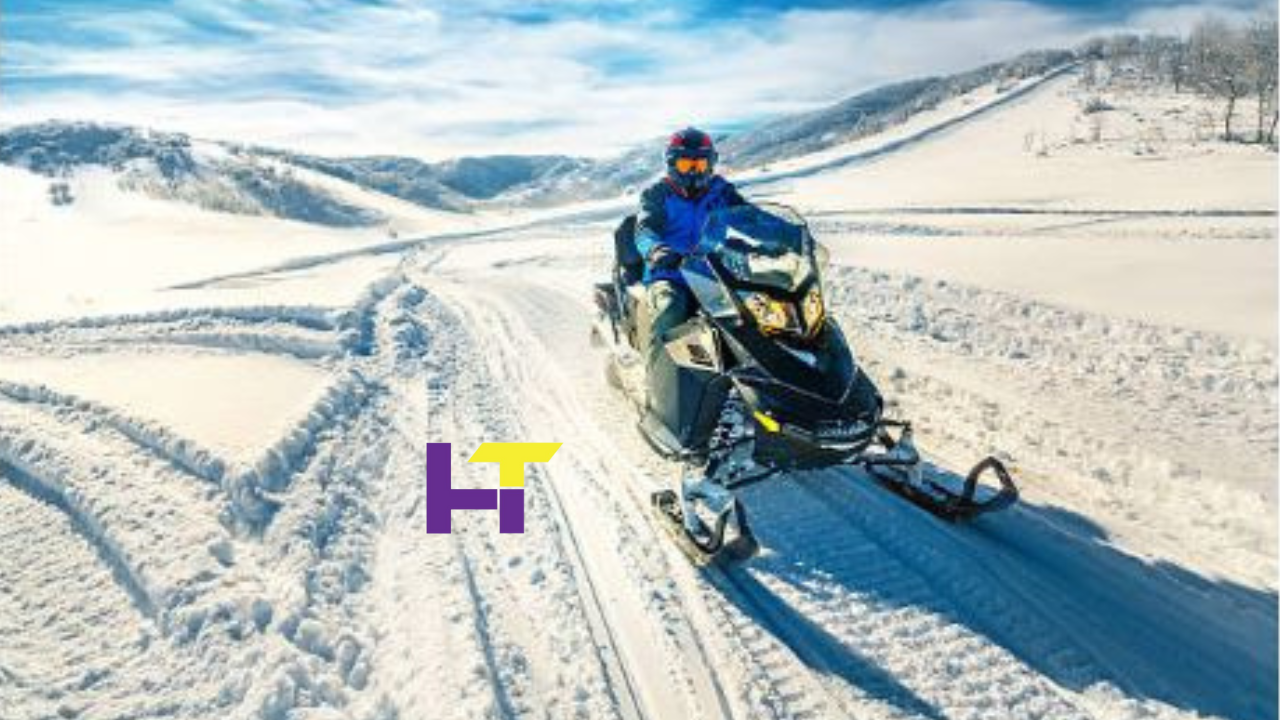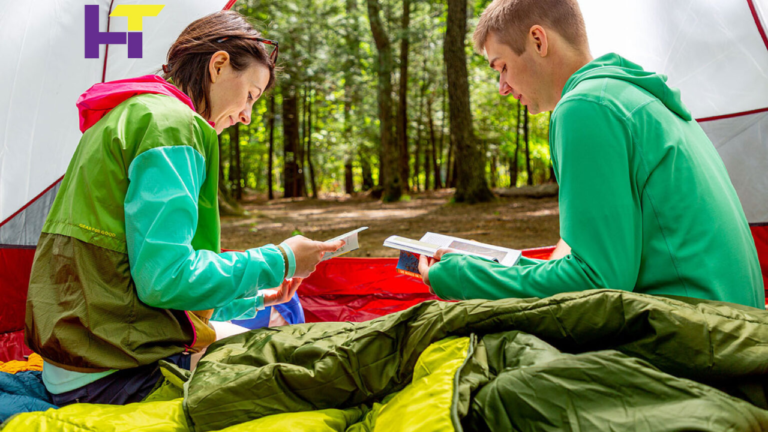Riding Safely: Precautions and Legal Protections with a Snowmobile Accident Attorney

Snowmobiling is a thrilling recreational activity enjoyed by millions worldwide. Speeding across snow-covered landscapes can be exhilarating, but it also comes with inherent risks. Like any outdoor activity, snowmobiling carries the potential for accidents and injuries.
Whether you’re a seasoned rider or new to the sport, understanding the importance of safety precautions and legal protections is paramount. In this comprehensive guide, we’ll delve into snowmobiling safety, exploring the necessary precautions riders should take and the legal safeguards snowmobile accident attorneys provide.
Understanding the Risks
Before embarking on any snowmobiling adventure, it’s crucial to acknowledge the risks involved. Snowmobile accidents can result in injuries, from minor bruises to severe trauma or even fatalities. Factors contributing to these accidents include:
1. Terrain Hazards
Snowmobile trails often traverse diverse terrain, including steep slopes, icy patches, and densely wooded areas. Uneven surfaces, hidden obstacles, and natural hazards pose significant risks to riders, especially those unfamiliar with the terrain.
2. Speed and Control
Excessive speed and limited maneuverability can lead to loss of control and collisions with objects or other riders. Inexperience or reckless behavior amplifies the likelihood of accidents, emphasizing the need for responsible riding practices.
3. Weather Conditions
Snowmobiling is inherently weather-dependent, with changing conditions affecting trail stability and visibility. Snowstorms, blizzards, and sudden temperature shifts can compromise safety, necessitating caution and adaptability from riders.
4. Mechanical Failures
Like any mechanical vehicle, snowmobiles are susceptible to malfunctions or breakdowns, mainly if improperly maintained. Ignoring routine maintenance tasks or operating defective equipment increases the risk of accidents caused by mechanical failures.
Preventive Measures for Safe Riding
While the thrill of snowmobiling is undeniable, prioritizing safety is paramount to enjoying the sport responsibly. Implementing preventive measures significantly reduces the likelihood of accidents and minimizes potential injuries. Here are essential safety guidelines for snowmobile riders:
1. Education and Training
Before hitting the trails, undergo thorough snowmobile safety training to familiarize yourself with basic riding techniques, navigation skills, and emergency procedures. Many regions offer certified safety courses to educate riders of all experience levels.
2. Gear Up for Protection
Always wear appropriate safety gear, including helmets, goggles, gloves, and insulated clothing. Dressing in layers ensures warmth and protection from the elements while allowing flexibility and mobility during riding.
3. Check Your Equipment
Before each ride, inspect your snowmobile for any signs of damage or mechanical issues. Verify that essential components such as brakes, headlights, and steering are functioning correctly. Carry an essential toolkit and spare parts for on-trail repairs if necessary.
4. Stay on Designated Trails
Respect trail markers and stay on designated routes approved for snowmobiling. Venturing off-trail poses numerous risks, including environmental damage, trespassing violations, and encounters with hazardous terrain or wildlife.
5. Ride Responsibly
Adhere to posted speed limits and exercise caution when navigating challenging terrain or adverse weather conditions. Maintain a safe distance from other riders and obstacles, signaling your intentions clearly to avoid collisions.
6. Be Prepared for Emergencies
Carry essential safety equipment, including a first-aid kit, navigation tools, communication devices (two-way radio or cell phone), and emergency provisions (food, water, and thermal blankets). Familiarize yourself with the location of emergency shelters and contact points along your route.
7. Respect Nature and Wildlife
Practice responsible environmental stewardship by minimizing your impact on fragile ecosystems and respecting wildlife habitats. Avoid disturbing wildlife and adhere to any conservation guidelines or restrictions in place.
8. Ride Sober
Never operate a snowmobile under the influence of alcohol or drugs. Impaired judgment and delayed reactions significantly increase the likelihood of accidents and endanger yourself and others on the trail.
Legal Protections and Snowmobile Accident Attorneys
Despite taking all necessary precautions, accidents can still occur, often resulting from factors beyond the rider’s control. In the unfortunate event of a snowmobile accident, understanding your legal rights and seeking appropriate representation is crucial.
Snowmobile accident attorneys specialize in handling cases involving snowmobile-related injuries, providing legal guidance and advocacy for victims seeking compensation. Here’s what you need to know about legal protections and the role of snowmobile accident attorneys:
1. Legal Liability in Snowmobile Accidents
Determining liability in snowmobile accidents can be complex, often involving multiple parties and contributing factors. Liability may arise from negligence, recklessness, equipment defects, inadequate trail maintenance, or violations of safety regulations.
2. Insurance Coverage
Snowmobile owners and operators must carry liability insurance to cover damages resulting from accidents. Insurance policies may also include provisions for medical expenses, property damage, and legal representation in the event of a lawsuit.
3. Compensation for Damages
Victims of snowmobile accidents may be entitled to compensation for various damages, including medical bills, lost wages, pain and suffering, property damage, and long-term disability or rehabilitation costs.
An experienced snowmobile accident attorney like Shillen Mackall Seldon & Spicer Law Office can assess the circumstances of the accident and pursue appropriate compensation on behalf of the injured party.
4. Role of Snowmobile Accident Attorneys
Snowmobile accident attorneys specialize in personal injury law and have extensive experience representing clients injured in snowmobile accidents.
They possess the legal knowledge and resources to navigate complex liability issues, negotiate with insurance companies, and advocate for fair compensation through settlement negotiations or litigation.
5. Legal Process and Timelines
Navigating the legal process following a snowmobile accident requires adherence to specific timelines and procedural requirements.
Promptly documenting the accident scene, seeking medical attention, and consulting with a qualified attorney are essential steps to protect your legal rights and maximize your chances of obtaining fair compensation.
6. Statute of Limitations
Awareness of the statute of limitations governing personal injury claims resulting from snowmobile accidents is essential. These statutes vary by jurisdiction and impose strict deadlines for filing lawsuits.
Consulting with a snowmobile accident attorney promptly after an accident ensures compliance with these deadlines and preserves your right to seek legal recourse.
7. Expert Witnesses and Evidence Collection
Snowmobile accident cases often rely on expert testimony and evidence to establish liability and quantify damages. Attorneys may enlist the expertise of accident reconstruction specialists, medical professionals, and other relevant experts to support their clients’ claims.
Thorough documentation of the accident scene, witness statements, medical records, and photographic evidence strengthens the case and facilitates a favorable outcome.
8. Negotiation and Settlement
Many snowmobile accident cases are resolved through negotiation and settlement agreements between the parties involved.
Experienced attorneys advocate on behalf of their clients to secure fair compensation without the need for protracted litigation. Settlement negotiations may cover medical expenses, lost income, pain and suffering, and other applicable damages.
9. Litigation and Trial Representation
In cases where a settlement cannot be reached, or the responsible parties dispute liability, litigation may be necessary. Snowmobile accident attorneys are prepared to represent their clients in court, presenting evidence, examining witnesses, and arguing legal principles before a judge or jury.
While litigation prolongs the resolution process, it provides a forum for seeking justice and obtaining appropriate compensation for the victim’s injuries and losses.
10. Advocating for Safety Measures
In addition to representing individual clients, snowmobile accident attorneys play a vital role in advocating for improved safety regulations, trail maintenance standards, and enforcement measures to prevent future accidents.
By raising awareness of safety risks and holding negligent parties accountable, attorneys contribute to the ongoing efforts to enhance snowmobiling safety and protect riders’ rights.
Conclusion
Snowmobiling offers exhilarating opportunities for outdoor recreation, but it’s essential to prioritize safety and awareness of potential risks. By adhering to preventive measures and understanding your legal protections, you can enjoy the thrill of snowmobiling while minimizing the likelihood of accidents and injuries.
In the event of a snowmobile accident, seeking guidance from a qualified snowmobile accident attorney ensures that your rights are protected and provides the opportunity to pursue fair compensation for your losses. Safety should always be the top priority when hitting the trails, ensuring a safe and enjoyable experience for all snowmobile enthusiasts.
Read More: Why Does Your Business Need a Legal Guardian?






